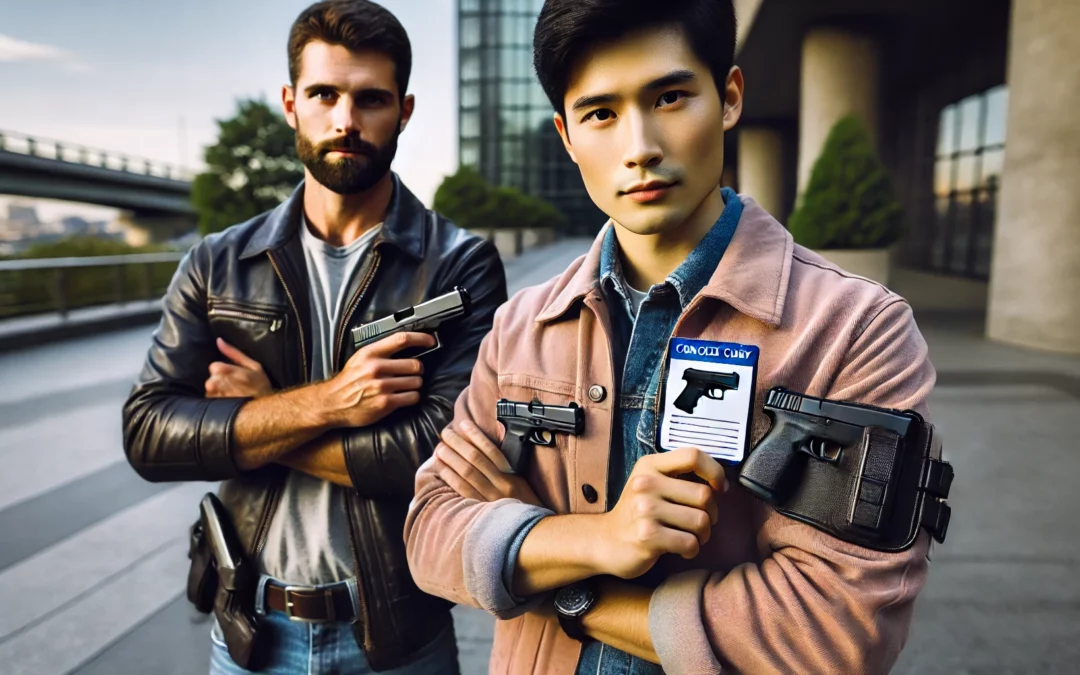Is a Concealed Carry License Worth It? Exploring the Pros and Cons
The decision to obtain a concealed carry license is a significant one, involving legal, personal, and ethical considerations. This blog post aims to explore whether acquiring a concealed carry license is worth it by examining the benefits and potential drawbacks.
The Benefits of a Concealed Carry License
- Personal Protection:
– Peace of Mind: Carrying a concealed weapon can provide a sense of security, knowing you have a means of self-defense in potentially dangerous situations.
– Crime Deterrence: The presence of concealed carriers may deter criminals, reducing the likelihood of an attack.
2. Legal Protection:
– Avoid Legal Trouble: In many places, carrying a concealed weapon without a license is illegal. A license ensures you are within the law.
– Reciprocity: Some states recognize concealed carry permits from other states, allowing you to carry your weapon legally across state lines.
3. Responsibility and Training:
– Mandatory Training: Most jurisdictions require training and education on firearm safety and laws, making you a more responsible and informed gun owner.
– Community Safety: Trained and licensed individuals can contribute to overall community safety by potentially stopping threats.
4. Empowerment:
– Confidence: Knowing how to handle a firearm and having the legal right to carry it can boost your confidence in your ability to protect yourself and others.
– Empowerment: For some, carrying a concealed weapon is a form of empowerment and self-reliance.
The Drawbacks of a Concealed Carry License
- Legal and Financial Costs:
– Application Fees: Obtaining a concealed carry license involves costs, including application fees, background checks, and mandatory training courses.
– Legal Risks: Misusing a firearm or misunderstanding the laws can lead to serious legal consequences.
2. Responsibility and Liability:
– Increased Responsibility: Carrying a firearm is a significant responsibility, requiring constant awareness and adherence to safety protocols.
– Liability: If a firearm is used in self-defense, even justifiably, it can lead to legal battles and personal liability issues.
3. Social and Ethical Considerations:
– Public Perception:** Carrying a concealed weapon can influence how others perceive you, sometimes negatively.
– Ethical Dilemmas: The decision to potentially use lethal force can raise ethical questions and personal moral conflicts.
4. Practical Challenges:
– Comfort and Convenience: Carrying a concealed weapon can be uncomfortable and may require adjustments to your lifestyle and wardrobe.
– Restrictions: Some places, like schools and federal buildings, prohibit firearms, limiting where you can carry your weapon.
Conclusion
Deciding whether a concealed carry license is worth it is deeply personal and depends on individual circumstances, values, and priorities. For some, the benefits of personal protection, legal security, and empowerment outweigh the drawbacks. For others, the responsibilities, costs, and ethical considerations may make them reconsider.
Before making a decision, it’s crucial to thoroughly research your local laws, undergo proper training, and reflect on your readiness to take on the responsibilities that come with carrying a concealed weapon. Ultimately, the choice to carry concealed is about balancing your right to self-defense with the broader implications for yourself and your community.

